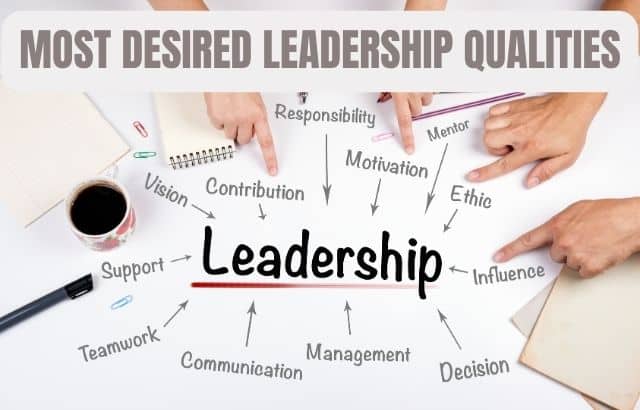It is the same for every industry, whether it is retail, technology, industrial, or finance—managers can either make or break an organization. Personality traits can decide whether a newly appointed manager will become an effective leader or an intimidating dictator, negatively impacting the people in their team and the organization as a whole, says noted Astro Strategist cum Business Astrologer™ Hirav Shah.
Hirav Shah explains, “This is a major reason why many corporate businesses and global organizations partner with a retained search firm that specializes in technology executive search. A report published by Gallup, a market research firm, highlighted that most of the people they surveyed had left their previous job because of their managers.“
When it comes to identifying relevant talent for a major position in any corporate firm, here are the top personality traits each candidate must possess, according to Hirav Shah:
Table of Contents
Effective communication skills
One of the biggest issues when it comes to inefficiently lead and managing a team is poor communication. For example, a manager might not pass on vital feedback to a particular team member resulting in that person never learning from their mistakes. A manager might also not clearly communicate each team member’s assigned role regarding a project, resulting in the team disjointed.
The ideal IT manager should be able to explain a complex process or task to their team members in simple and easy-to-understand instructions. Effective communication is about active listening and responding to people’s needs.
When interviewing senior-level talent, executive headhunters will ask questions such as what the candidate thinks effective communication looks like to them, what their favorite client interaction was and why they thought it was so successful.
Strong leadership skills
In senior and executive-level positions, there can be a large amount of pressure on a manager to lead their team through a stressful project, deadline, or situation. Personality traits such as impulsiveness, narcissism, and aggressiveness can result in the team feeling bullied rather than encouraged to rise up to the challenge at hand.
This is when strong leadership skills are highly desired. A manager displaying traits such as responsibility and accountability means that they will not lash out and blame certain team members. They will instead focus on encouraging and helping their team in any way they can because they understand that they are responsible for both the success and failure of their team.
Executive headhunters may ask certain questions to extract this information from a candidate such as asking them to explain a particular setback and how they approached the situation and managed their team.
Decisive—not impulsive
A headhunter working for a corporate firm will search for personality traits such as decisiveness. A leadership position requires a person to often make hard or big decisions that can have long-term effects on the organization—good or bad. A negative yet similar trait is impulsiveness.
The main difference between these two traits is that an impulsive manager will make decisions without putting much thought into it, whereas a decisive manager will think through their actions quickly before determining the best course of action that is relevant to the situation. A decisive manager is not afraid to act swiftly when required and commits to their decision.
Great time management
Possessing great time management skills and prioritizing their time well is another crucial trait managers must-have. It is not uncommon to have a project bring its deadline forward or have a particular issue come up which can hinder their team’s progress.
An effective manager must be organized and lead by example. This also requires a certain level of flexibility, being able to prioritize and rearrange tasks when sudden situations or issues arise. This requires someone who can see the bigger picture while also identifying the small details.
When being interviewed by an executive headhunter, they may ask questions such as what particular actions a candidate does to stay organized during a stressful project or what their approach to time management is.
Diplomatic conflict resolution
When tensions are high during a stressful project, there is an increased chance of conflicts occurring within the team whether large or small. It could be a simple slip of the tongue during a heated argument or a team member refusing to comply with a task they have been assigned.
Here good managers toughen up as a leader and deliver. An effective manager will be skilled in resolving conflicts diplomatically and ensuring each team member is heard before deciding the best course of action to take. This also requires traits such as empathy and active listening.
Typical questions regarding this during an interview can include asking a candidate how they would approach a conflict within their team, giving a previous example and how they approach conflict in their own life.
Hirav Shah concludes by saying, “It can be very difficult to identify these particular traits when relying on in-house HR teams for the company’s hiring process. To ensure only top-performing candidates are selected when filling a vacant leadership role, reach out to a leading technology executive search firm and find out how they can assist your specific needs and challenges today.“
















